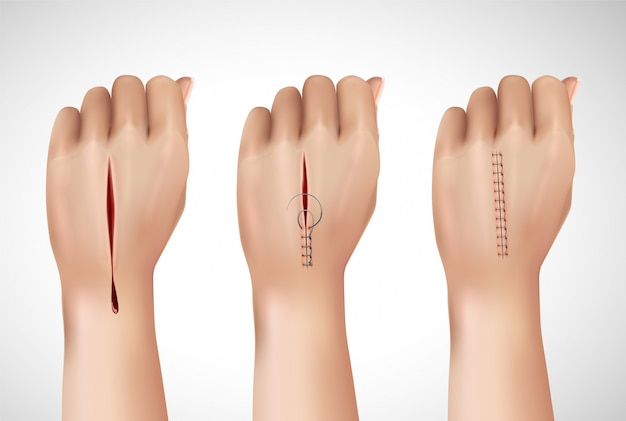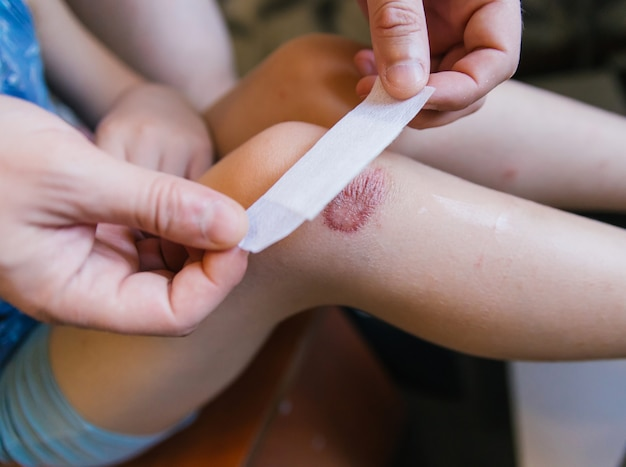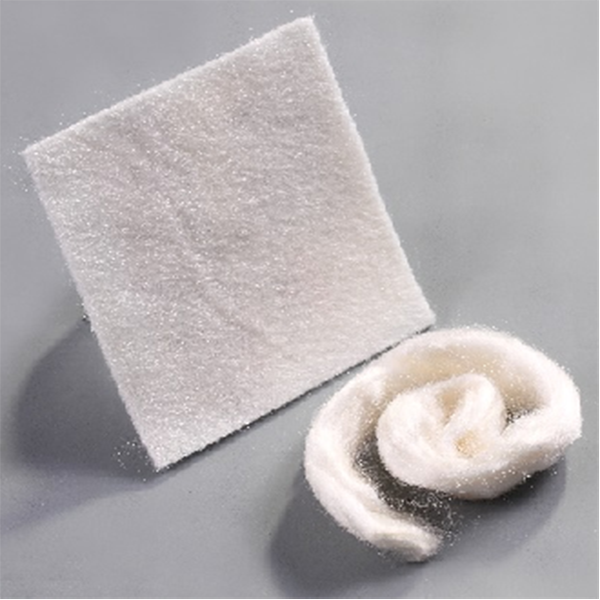01/06/2023
ByWinner Medical
 1358
1358

Have you ever wondered why some wounds recover quickly, whereas others take a few weeks or months to completely heal? The key is to use the right wound care solution. Many different kinds of wounds, from minor cuts to more serious injuries, can frequently occur due to everyday incidents. However, if neglected or improperly managed, wounds may take longer to heal or possibly get worse, which may result in severe consequences. Therefore, it should be known how to treat wounds properly, specifically how to make use of advanced dressings like silicone foam dressing and alginate dressing to accelerate the recovery process.

Unfortunately, there are numerous instances when people have employed improper techniques, which have hindered the healing or possibly made the condition worse. Moreover, some patients might mistake using non-sterile water for disinfecting the area or using chemicals that could aggravate it. Others might try to scrape off scabs or dry skin, further harming the wound. It's critical to use the appropriate wound management practices and wound dressing supplies to prevent such regrettable circumstances. The four stages that help with the healing process of wounds are as follows:
Step 1: Debride the Wound
Debriding is the act of removing any foreign substances from the injury, particularly dirt, debris, and dead tissue. It can be accomplished by rinsing the site of injury with sterilized water or a saline mixture or by employing specialized instruments, like a scalpel or forceps, to get rid of any foreign substances. It is essential to remember that debriding should only be performed by a healthcare expert or with their supervision since inappropriate debridement could exacerbate the wound.
Step 2: Apply for the Medicine
A suitable medication, like a topical antibiotic or an antiseptic solution, should be applied to the site after debriding. The particular type of medication utilized will be determined by the form and intensity of the injury, along with any existing medical disorders that the individual might be experiencing. It's important to adhere to the directions on the medication's prescription and only apply the prescribed drug to the actual wound, sparing the healthy skin around it.

Step 3: Bandage the Wound
The next step is to bandage the wound, preferably using advanced wound dressing such as silicone foam dressing with a border. The area of injury must be covered using a sterilized bandage or dressing once the medication has been applied. In addition to the advantages of standard wound dressings, advanced wound dressings offer extra benefits, like silicone foam dressing with a border. An adhesive silicone foam covering with an outer border helps remove excess moisture from the injury, preventing infection and accelerating recovery. The border also aids in keeping the covering in position, lowering the possibility of it coming off or moving.
Step 4: Change the Dressing as Frequently as Requested
According to a medical practitioner's instructions, wound dressings should be replaced regularly. The nature and severity of the injury, in addition to any associated medical concerns the individual may have, will all influence how frequently the dressing is changed. The bandage should be changed often to avoid being saturated with wound fluid, which might cause infection and prolong the recovery process. Frequent removal of dressings further enables medical experts to keep track of the wound's development and alter the treatment strategy as required.
Four steps are needed to heal a wound: debriding, dressing, medication, and changing the bandage. Debriding removes any potentially harmful compounds, dressing absorbs excess fluid, medication heals, and changing the bandage ensures the wound is maintained clean and progress is monitored.

Winner Medical:
Winner Medical offers a wide variety of wound dressing supplies that caters to the requirements of healthcare providers and patients. For advanced treatment of wounds, our silicone foam dressing with border is a great option, along with our alginate wound dressings, which are comprised of natural seaweed, keep the wound clean and moist. Compliant with ISO standards and FDA product listing requirements, our products are designed to not just mitigate the pains and help with the process of healing, but also reduce the chance of scarring as much as possible.
Should you have any questions regarding our products and service, don’t hesitate to contact us!